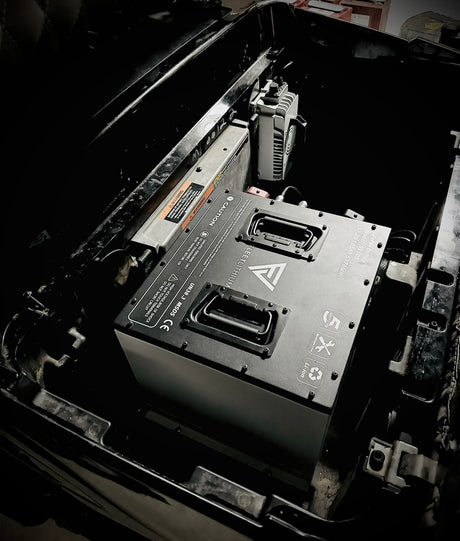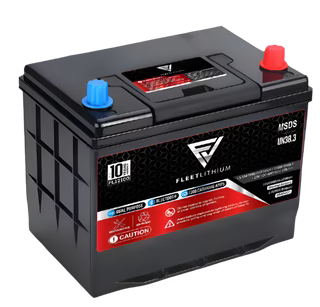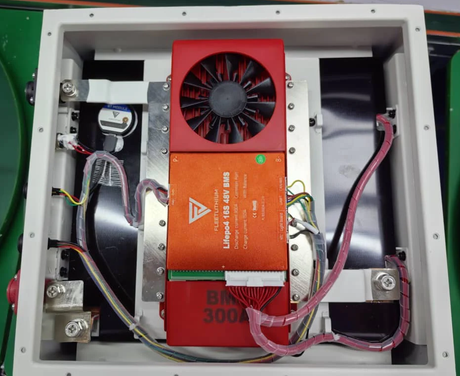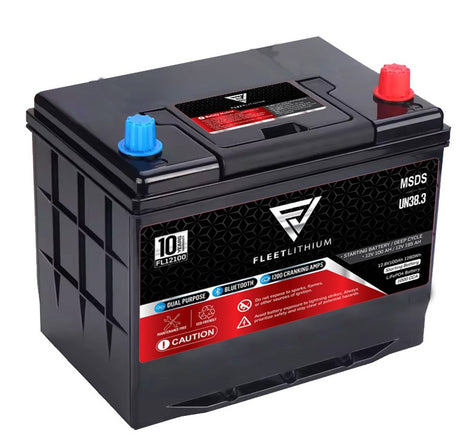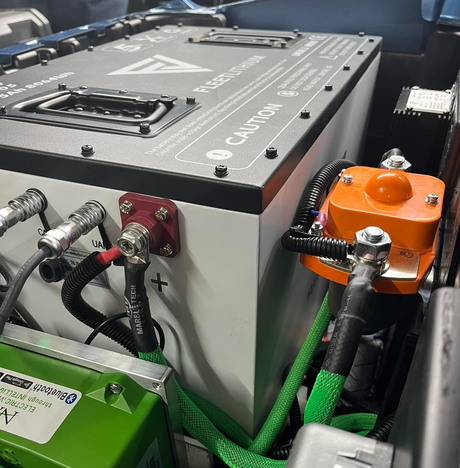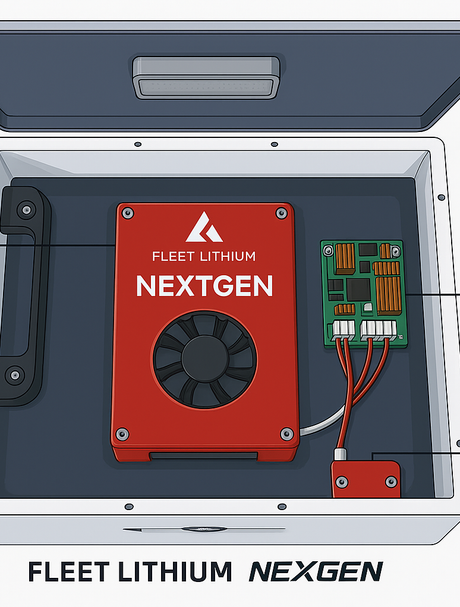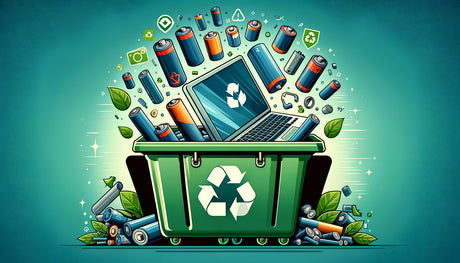The Problem with Lead-Acid Batteries
For decades, lead-acid batteries have been the go-to energy storage solution for many industries, from automotive to renewable energy systems. However, while lead-acid batteries have served their purpose, they come with significant environmental challenges that can no longer be ignored. These challenges are becoming even more critical as industries and consumers shift toward greener, more sustainable solutions.
-
Lead Contamination
One of the most serious environmental concerns with lead-acid batteries is the toxic lead that they contain. Lead is a heavy metal that can leach into the environment if not disposed of properly. When these batteries are discarded, especially in landfills, the lead can contaminate soil and water sources, posing long-term risks to both ecosystems and human health. Lead exposure has been linked to a variety of health issues, including neurological damage and developmental problems, especially in children.While lead-acid batteries are recyclable, the process of extracting and reusing lead is complex and requires specific handling. Improper recycling or disposal practices, which still occur in some parts of the world, further contribute to the pollution problem.
-
Frequent Replacements and High Waste Volumes
Lead-acid batteries have a relatively short lifespan—typically around 3-5 years depending on usage and maintenance. As a result, they must be replaced more often, contributing to higher volumes of waste over time. This high turnover rate means that more and more lead-acid batteries end up in landfills, creating significant environmental burden from both the materials themselves and the energy used in producing replacements. -
Inefficient Energy Storage
Lead-acid batteries also suffer from relatively low energy density compared to newer technologies. This means they require more materials to store the same amount of energy, leading to higher resource consumption and greater environmental impact during production.
Fleet Lithium’s Solution: A Cleaner, Greener Future
At Fleet Lithium, we understand the environmental challenges associated with traditional lead-acid batteries, which is why we offer an alternative that not only performs better but also significantly reduces the environmental footprint: Lithium Iron Phosphate (LiFePO4) batteries.
Lithium batteries, especially LiFePO4 technology, have become the sustainable energy storage solution of choice for a variety of reasons:
-
Longer Lifespan
One of the most significant advantages of lithium batteries over lead-acid is their extended lifespan. Fleet Lithium’s LiFePO4 batteries can last 10-15 years, which is up to three times longer than lead-acid batteries. This extended service life means fewer replacements, resulting in less waste and a reduced demand for raw materials to manufacture new batteries. By using lithium-ion technology, we help our customers minimize waste, reduce the frequency of battery replacements, and contribute to a more sustainable lifecycle for their energy storage systems. -
No Harmful Chemicals
Lithium batteries, including those made with LiFePO4, are completely free from toxic heavy metals like lead and cadmium, which are prevalent in lead-acid batteries. This makes Fleet Lithium batteries safer for both people and the environment. In the event of a failure or improper disposal, lithium batteries pose significantly less of a threat to the environment and human health.The absence of toxic chemicals makes lithium batteries easier to recycle and less dangerous to handle during disposal. This stands in stark contrast to lead-acid batteries, which require specialized handling and disposal methods to avoid contamination.
-
Higher Energy Density
Another critical advantage of LiFePO4 batteries is their superior energy density compared to lead-acid batteries. Lithium batteries are able to store more energy in a smaller, lighter package, which means they require less material to achieve the same level of performance. This not only reduces the amount of raw material needed to manufacture each battery but also minimizes the environmental impact associated with mining and extraction.The reduced material requirements also lead to lower carbon emissions during the manufacturing process, contributing to an overall greener energy storage solution. Additionally, because lithium batteries are more compact and efficient, they take up less space in recycling facilities, making the recycling process easier and more efficient.
-
Recyclability and Reduced Waste
Lithium batteries, including Fleet Lithium’s LiFePO4 batteries, are highly recyclable. Though the recycling process is still developing in some regions, lithium-ion batteries can be efficiently processed to recover valuable materials such as lithium, cobalt, and nickel. These materials can then be reused to create new batteries, contributing to a circular economy that reduces the need for mining and the environmental degradation it causes.Fleet Lithium’s commitment to sustainability extends beyond just product development—we actively support battery recycling programs to ensure that our products are disposed of and processed in the most environmentally responsible way possible. By promoting battery recycling, we help close the loop and reduce the overall environmental impact of lithium batteries.
Fleet Lithium: A Sustainable Energy Solution
When you choose Fleet Lithium batteries, you’re making a commitment to both high performance and environmental responsibility. Our LiFePO4 technology offers a greener, cleaner alternative to lead-acid batteries, reducing your environmental footprint, minimizing waste, and ensuring long-term sustainability for your energy storage needs.
Whether you're looking to power your electric vehicle, RV, solar system, or marine applications, Fleet Lithium offers a solution that not only delivers reliable power but also protects the planet for future generations.
Fleet Lithium – Powering a Greener Future with Sustainable, High-Performance Batteries.


